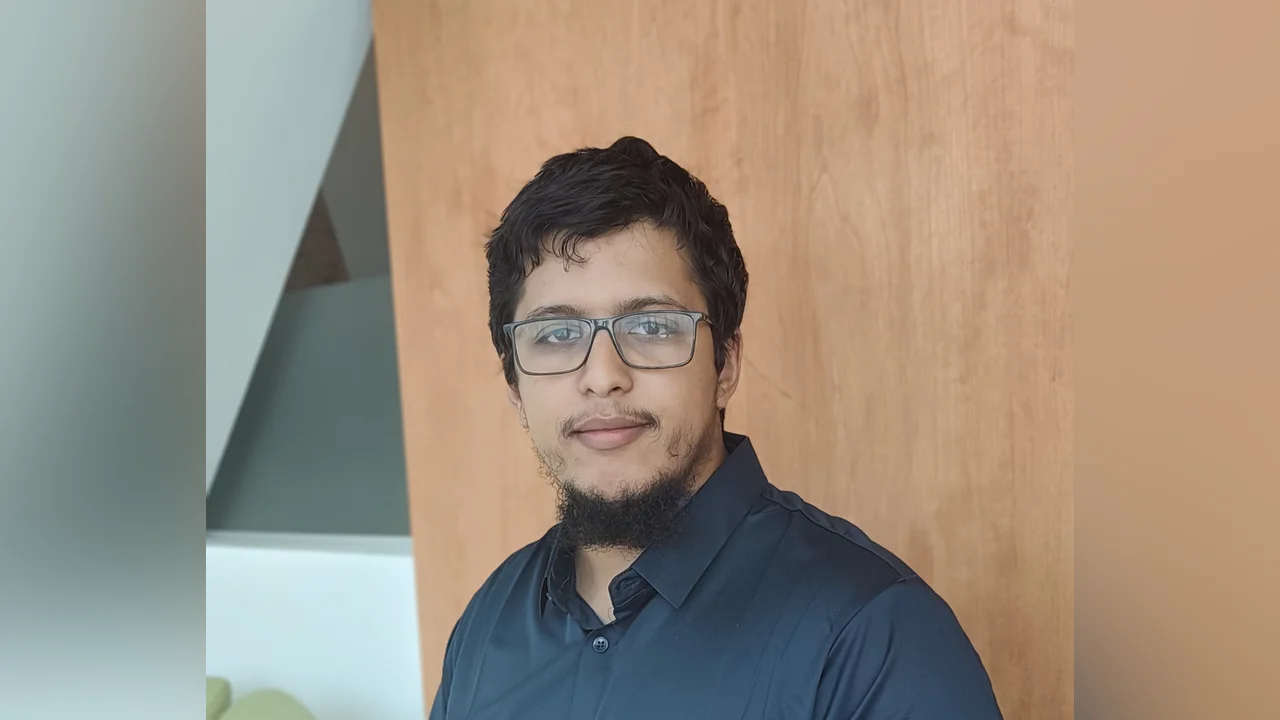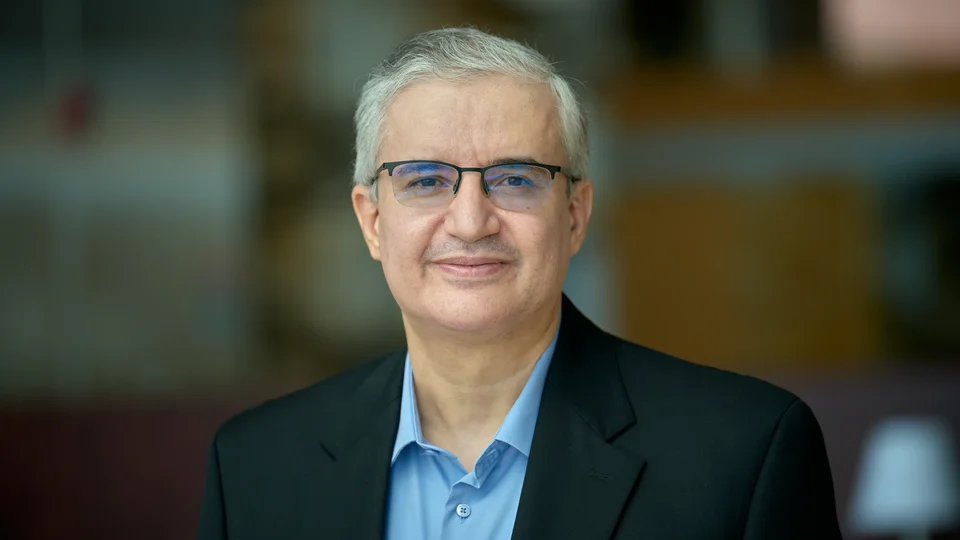
Zakaria El Kassimi
KAUST offers a unique environment where applied mathematics and data science meet real-world impact, with exceptional resources and a supportive community for ambitious research.
About
Zakaria El Kassimi is a PhD student at the Communication Theory Lab (CTL), King Abdullah University of Science and Technology (KAUST), under the supervision of Professor Mohamed-Slim Alouini.
Education and Early Career
Zakaria El Kassimi completed a two-year intensive preparatory program in mathematics, physics, and computer science in Morocco at Lycée Moulay Al Hassan and Lycée Al Zahrawi, where he graduated at the top of his cohort and ranked highly in the national Grandes Écoles entrance examinations. He then joined École Polytechnique in Palaiseau, France, where he pursued applied mathematics within the engineering program. As part of this track, he developed a strong background in probability, statistics, optimization, and machine learning. He subsequently obtained a Master of Science in Data Science from École Polytechnique, with a curriculum combining advanced machine learning, statistical modeling, and data-driven decision making.
Before joining KAUST as a Ph.D. student, Zakaria gained research and industrial experience through several AI- and data-driven projects. He worked as a research intern at TotalEnergies OneTech in Paris, where he studied the interplay between privacy, robustness, utility, and interpretability in synthetic time series data using generative models such as variational autoencoders, GANs, and diffusion-based approaches. He also held a research internship with the SCALE AI Chair at École Polytechnique de Montréal, focusing on local explanation methods for random forests by identifying informative regions and converting them into interpretable decision trees. Earlier in his path, he interned at EvidenceB in Paris, improving adaptive testing algorithms for education.
Research Interest
Zakaria’s scientific interests lie in trustworthy and interpretable machine learning, with a particular focus on generative models and large language models. He is especially interested in understanding and navigating the trade-offs between privacy, utility, and interpretability in modern AI systems.
He also works on local and global explainability methods for ensemble models such as random forests, as well as game-theoretic approaches to explainable AI. More broadly, he is motivated by applications of optimization and statistical learning theory to real-world, data-driven decision making and intelligent systems.
Education Profile
- M.Sc in Data Science, École Polytechnique in Palaiseau, France
- B.Sc in Applied Mathematics, École Polytechnique in Palaiseau, France
Awards and Distinctions
- 2023: First Prize (Technical Excellence Award), Hi!ckathon 4th Edition: AI & Supply Chain, organized by Hi! PARIS.
- 2020: Ranked among the top candidates in Morocco’s national Grandes Écoles entrance exam (16th nationwide) and first in his preparatory program cohort.
